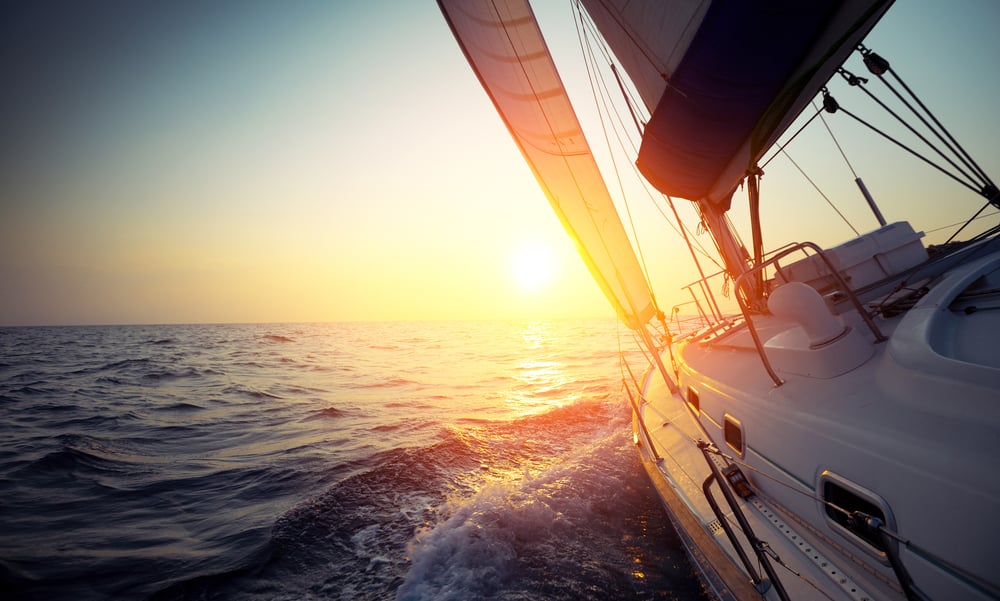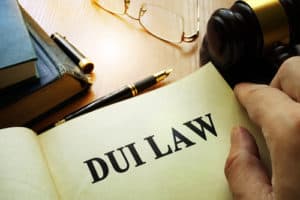
While most people only associate consequences with driving while intoxicated, you can also face serious penalties for operating a boat while intoxicated. Section 49.06 of the Texas Penal Code makes it a Class B misdemeanor to operate a watercraft while intoxicated. This offense carries jail time, license suspension, and fines. If you were arrested or are facing charges for operating a watercraft while intoxicated, you need the help of a Dallas criminal defense lawyer from the Law Offices of Randall B. Isenberg: 214-696-9253.
What is “Legally Intoxicated” in Texas?
You are legally intoxicated in Texas if:
- You do not have the “normal use of mental or physical faculties” due to “alcohol, a controlled substance, a drug, a dangerous drug, a combination of two or more of those substances, or any other substance;” or
- If you have an alcohol concentration of 0.08 or higher.
For example, law enforcement observed Tony operating his speedboat erratically on Grapevine Lake. They gave Tony a field sobriety and a breathalyzer test, which showed an alcohol concentration of 0.12. Tony was legally intoxicated on two grounds: One, his alcohol concentration exceeded the legal limit of 0.08; and two, he did not have normal use of mental or physical faculties, as shown by both the failed field sobriety test and the erratic operation of his speedboat.
What is the Difference Between BWI and DWI?
There are not many differences between a BWI and a DWI. One of the biggest differences is that officers wait until you are back on land to conduct field sobriety and breathalyzer tests, rather than doing them immediately. This allows you to shed your “sea legs,” but will not affect your results by much.
Also, an officer does not need probable cause to board your vessel and check for intoxicated operators. This can make it easier for officers to charge you with a BWI.
What can Happen if I am Convicted of BWI in Dallas?
BWI and DWI in Texas carry the same penalties. By operating a watercraft in Texas, you automatically consent to testing for drugs and/or alcohol if law enforcement arrests you for BWI. A refusal can actually lead to the suspension of your driver’s license.
Penalties for a BWI conviction may include:
- First conviction: Fines up to $2,000 and/or potential jail time between 72 hours and 6 months;
- Second conviction: Fines up to $4,000 and/or incarceration up to 1 year;
- Third conviction: Fines up to $10,000 and/or incarceration length between 2 and 10 years.
A BWI conviction can have other consequences as well. You may:
- Lose your boating privileges
- End up paying thousands out of pocket for someone’s injuries or property damage
- Lose your driver’s license
If someone suffers serious bodily injury in an accident you cause, you can face charges of Intoxication Assault. If someone dies in an accident you cause, the state will charge you with Intoxication Manslaughter.
Texas law provides enhanced penalties for BWI in certain situations. You will face felony charges if:
- If you have previously been convicted of Intoxication Manslaughter in Texas or a similar offense in another state; or
- If you have already been convicted two or more times of Boating While Intoxicated (BWI) during the last five years.
What Does the State Have to Prove to Convict me of BWI in Dallas, Texas?
Section 49.06 of the Texas Penal Code states that, “a person commits an offense [of BWI] if the person is intoxicated while operating a watercraft.”
Officers will have to prove you are intoxicated. If your alcohol concentration is 0.08 or higher, you will be considered legally intoxicated. If your alcohol concentration was below 0.08, but they found evidence of controlled substances or drugs in your system, AND they found you to be mentally or physically impaired by them, they have satisfied this element.
They will also have to prove that you were the one operating the watercraft. It is not against the law in Texas to drink while riding in a boat. Texas law only prohibits operating the watercraft while impaired.
The third element they will have to prove is that what you were operating was a watercraft. Watercraft include:
- Boats
- Vessels
- Aquaplanes
- Water skis
- Any device used for carrying or transporting people on water
There is an exception for devices that are propelled only using the water’s current.

Can I Avoid a Conviction if my Intoxication Was Caused by a Medication?
Use of a controlled substance is no defense to a charge of Boating While Intoxicated. If the controlled substance impairs your normal use of your mental or physical faculties, you can face BWI charges.
Consider the following: Jim was recuperating from knee replacement surgery. After long weeks stuck at home, he finally felt well enough to get out on his boat. Although he did not realize it, the painkillers he was taking for the surgical pain dulled his senses, and he accidentally sideswiped a pier. Officers could charge him with BWI.
He could also face charges for using over-the-counter medication (e.g., allergy meds that made him drowsy).

How Can a Dallas Boating While Intoxicated Lawyer Help me Avoid a BWI Conviction?
A BWI lawyer in Dallas, Texas can help defend you against a charge of BWI in multiple ways.
What is a BWI Charge in Dallas?
First, the prosecution will have to prove all three elements: Intoxication, Operating, and Watercraft. Your Texas Dallas BWI lawyer will investigate to find arguments against those three elements.
Even if your alcohol concentration was 0.08 or higher, it is possible to have the test results thrown out, if the testing equipment was faulty or was used improperly, or if the person administering the test did not follow proper procedures or was not adequately trained.
We can also determine whether officers administered your field sobriety test on an unstable pier or did not give you enough time to shed your sea legs before subjecting you to testing.
If you were not the person operating the watercraft, or if the device you were operating does not fall within the applicable definition of watercraft, a Dallas boating while intoxicated lawyer may be able to protect you from the charges.
Call a Dallas BWI Lawyer today
Boating While Intoxicated is a serious charge that can have long-lasting effects on your life and your finances. At the Law Offices of Randall B. Isenberg, a Dallas boating while intoxicated attorney will investigate your case and explore all reasonable possibilities of a defense. Call us today at 214-696-9253.










